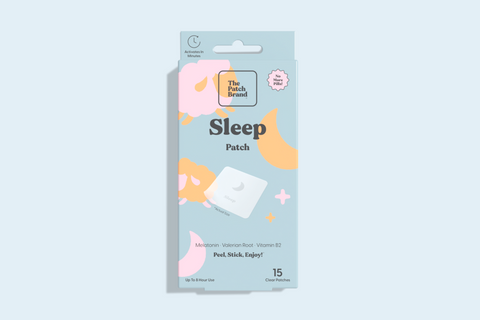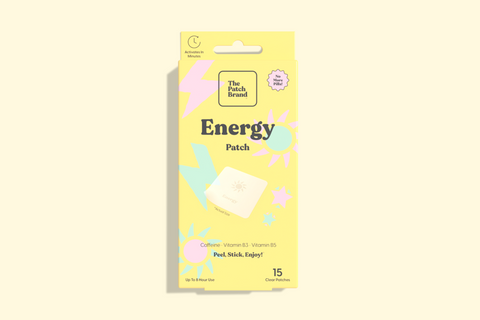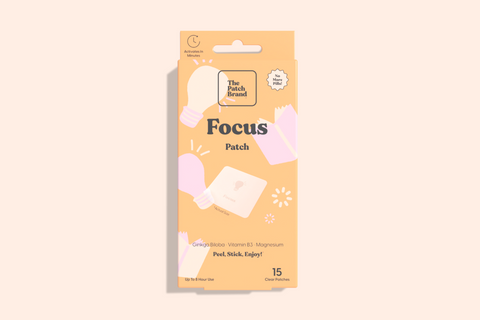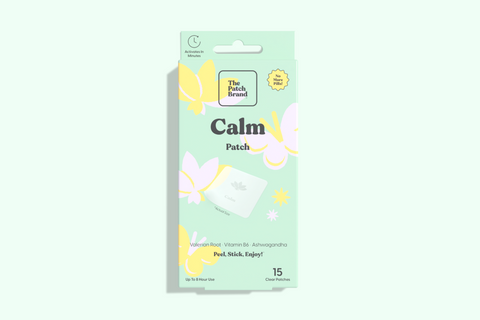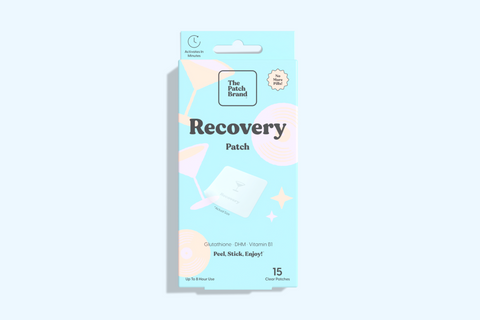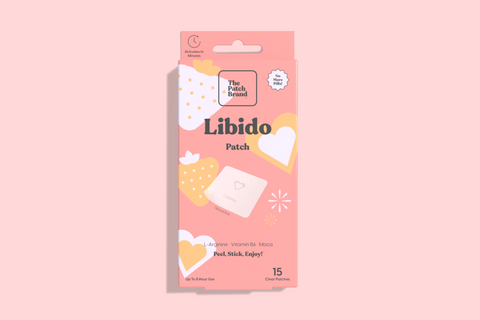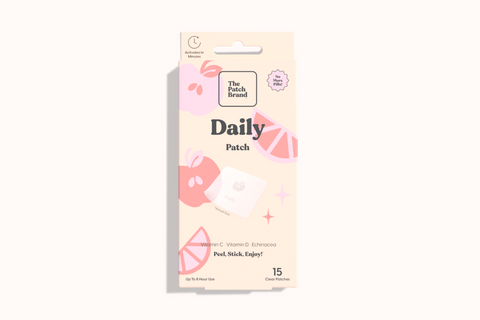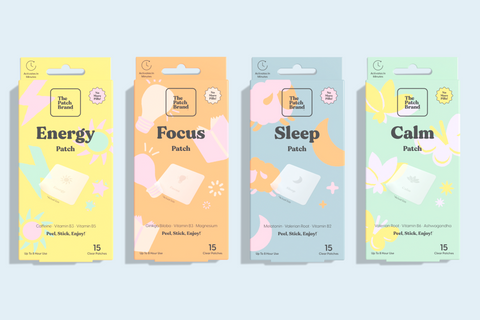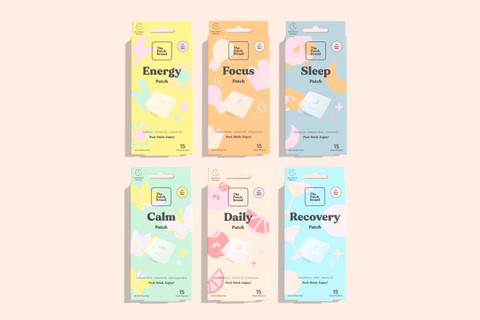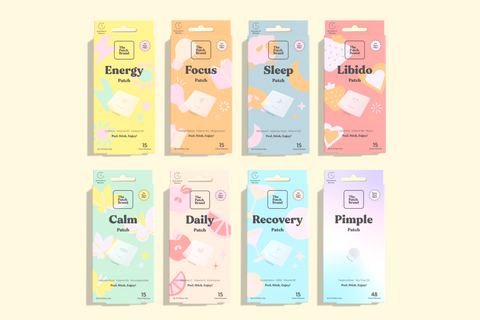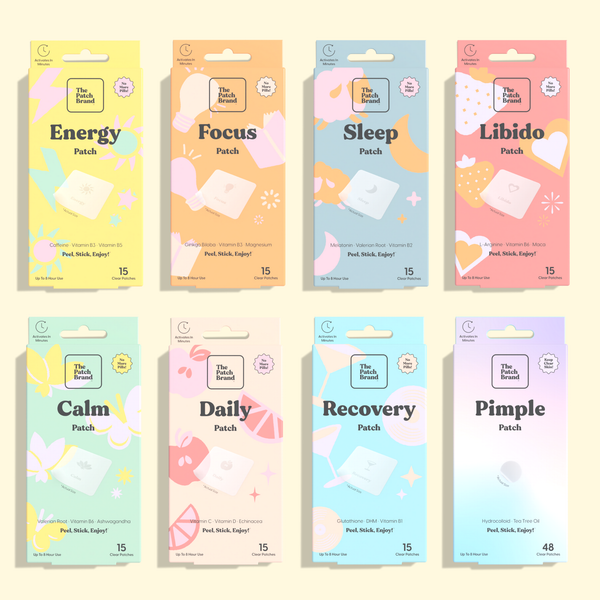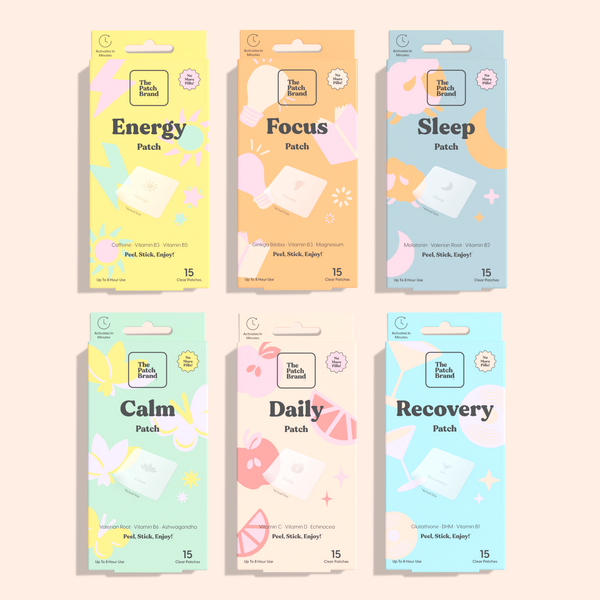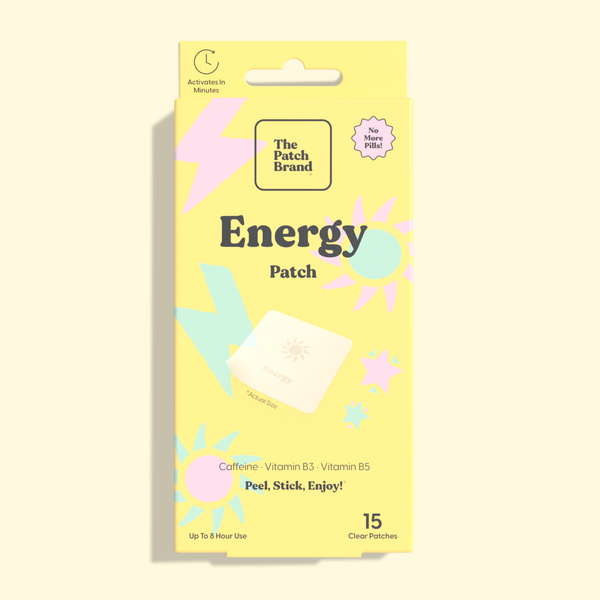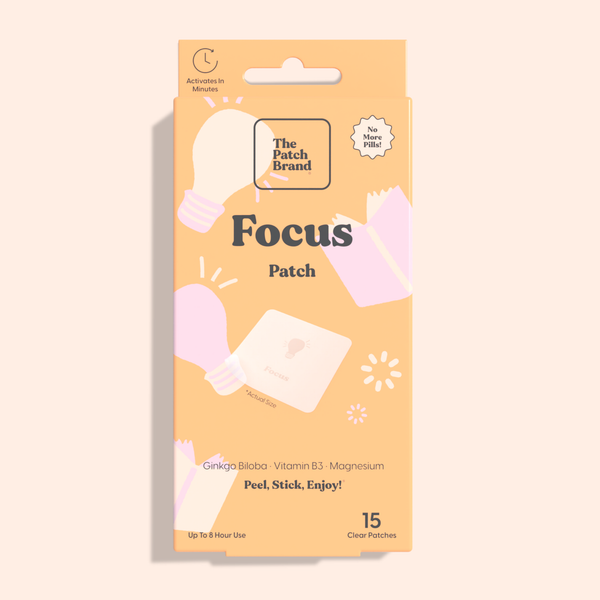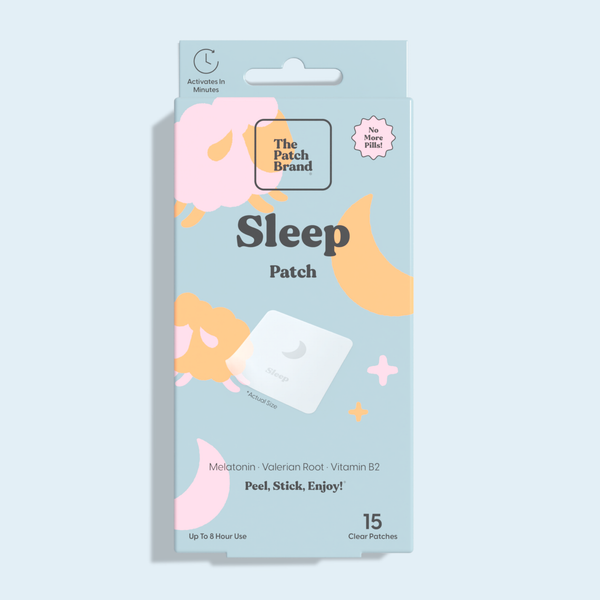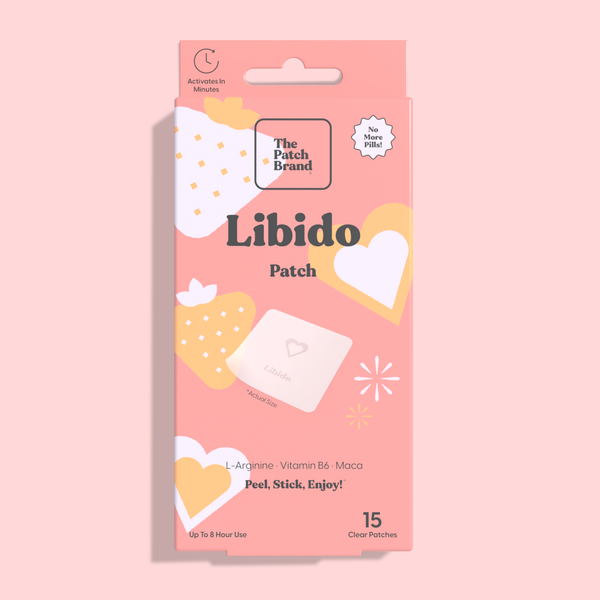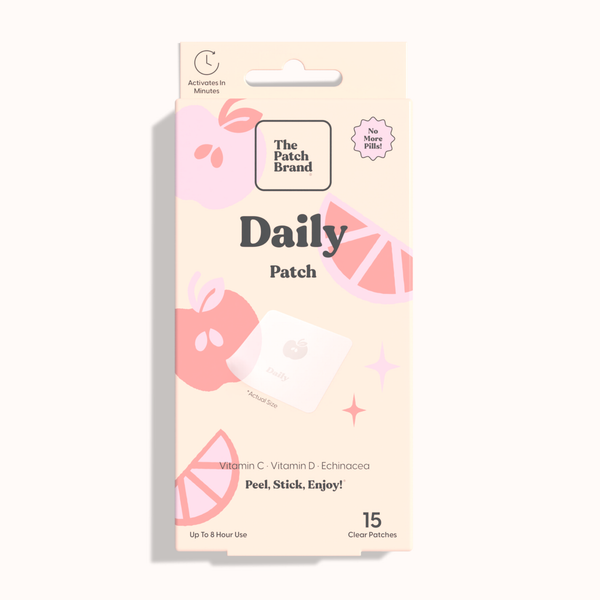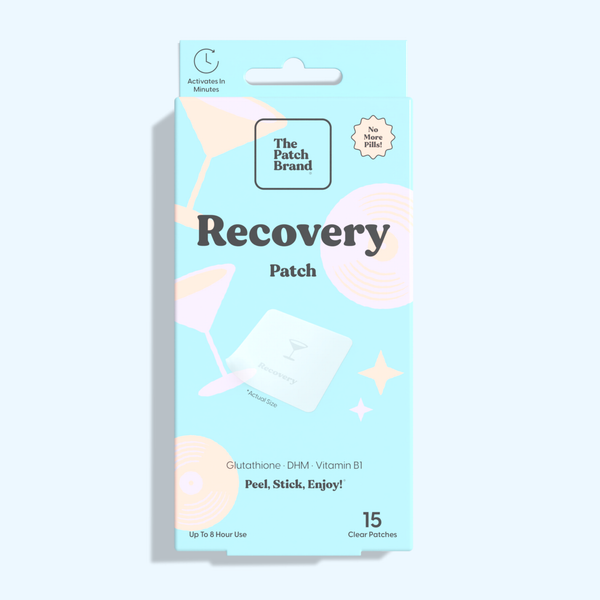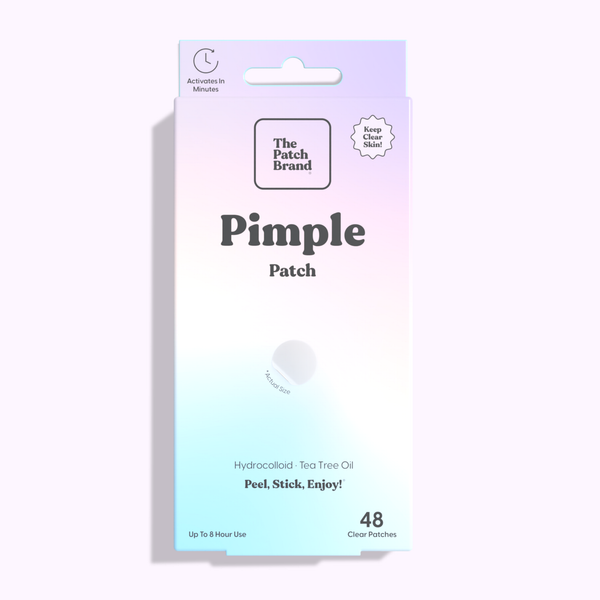Find helpful answers to frequently asked questions related to vitamins.
What Is Vitamin D?
Vitamin D is a fat-soluble vitamin that helps the body absorb calcium and phosphorus. It helps maintain healthy bones and boosts the immune system. It is synthesized in the skin when it is exposed to sunlight, and can also be found in some foods including fish. Lack of Vitamin D can lead to health problems.
How Is Vitamin D Deficiency Diagnosed And Treated?
Vitamin D deficiency is typically diagnosed with a blood test that measures the level of vitamin D in the body. Treatment involves taking a vitamin D supplement, using vitamin patches, increasing time spent outdoors to get more sun exposure, and eating foods rich in vitamin D such as fatty fish, milk, eggs, and fortified cereals.
What Are The Symptoms Of Vitamin D Deficiency?
Vitamin D deficiency can cause a range of symptoms, including fatigue, muscle weakness, bone pain, and an increased risk of fractures. It can also lead to impaired wound healing, depression, and increased susceptibility to infections. Those at a higher risk for Vitamin D deficiency include people who spend most of their time indoors.
Who Is At Risk Of Vitamin D Deficiency?
People who have limited exposure to sunlight are at risk of Vitamin D deficiency, such as those who spend their time indoors, or who wear clothing that covers most of their skin. People with dark skin also require more sunlight than those with lighter skin tones to produce adequate amounts of Vitamin D.
How Does Vitamin D Affect Bone Health?
Vitamin D helps the body absorb calcium, which is a mineral that keeps bones strong and healthy. Vitamin D also helps regulate the amount of calcium and phosphate in the body, two important minerals that are necessary for healthy bones. Adequate levels of vitamin D can help prevent a range of bone-related diseases.
What Are The Health Benefits Of Vitamin D?
Vitamin D regulates calcium and phosphorous absorption for strong bones and teeth, and modulates cell growth while reducing inflammation. It can prevent cancer and other conditions, while also improving mental health and bolstering the immune system. It helps protect against infections by enhancing the body's defenses against bacteria and viruses.
Can I Get Enough Vitamin D From Food Alone?
No, it is not possible to get enough Vitamin D from food alone. Vitamin D is a fat-soluble vitamin that is mainly obtained from exposure to sunlight. Although some foods do contain Vitamin D, the amounts are usually too small for our body's needs. Spend time in the sun and take dietary supplements if needed.
What Are The Sources Of Vitamin D?
Sources of Vitamin D include exposure to sunlight, foods such as fatty fish, egg yolks and dairy products, certain fortified foods like cereal and orange juice, and supplements. Vitamin D can also be produced in the body with the aid of ultraviolet rays from sunlight.
How Much Vitamin D Do I Need Daily?
The recommended daily amount of Vitamin D for adults is 600 IU (International Units). It is important to get enough Vitamin D as it helps your body absorb calcium, maintain strong bones, and protect against various diseases. To ensure that you meet the recommended daily intake, consider adding more Vitamin D rich foods.
Can Vitamin C Help Prevent Common Colds?
Vitamin C has been widely studied for its potential in preventing common colds. While evidence suggests that regular intake of Vitamin C may slightly reduce the duration and severity of cold symptoms, it does not appear to prevent colds entirely. Maintaining a balanced diet and good hygiene practices are key for overall immune health.
What Are The Symptoms Of Vitamin B Deficiency?
Symptoms of vitamin B deficiency can vary depending on the specific B vitamin lacking, but common signs include fatigue, weakness, pale skin, tingling or numbness in hands and feet, mood changes, poor concentration, and mouth ulcers. It's important to consult a healthcare professional for accurate diagnosis and treatment.
Is There A Link Between Vitamin C And Skin Health?
Yes, there is a link between vitamin C and skin health. Vitamin C plays a crucial role in collagen synthesis, which helps maintain the integrity and elasticity of the skin. It also acts as an antioxidant, protecting the skin from damage caused by free radicals. Regular intake of vitamin C can contribute to healthier skin.
What Foods Are Rich In Vitamin C?
Citrus fruits like oranges, lemons, and grapefruits are excellent sources of vitamin C. Other fruits such as strawberries, kiwis, and papayas are also high in this nutrient. Vegetables like bell peppers, broccoli, and tomatoes are rich in vitamin C too. Adding these foods to your diet can help boost your vitamin C intake.
Can Vitamin C Aid In Iron Absorption?
Yes, vitamin C can aid in iron absorption. It enhances the absorption of non-heme iron, which is the form found in plant-based foods and supplements. By consuming foods rich in vitamin C, such as citrus fruits or peppers, you can improve your body's ability to absorb iron from these sources.
Does Vitamin C Have A Role In Cardiovascular Health?
Yes, Vitamin C plays a role in cardiovascular health. It is an antioxidant that helps protect against oxidative stress, which can contribute to the development of cardiovascular diseases. Vitamin C also supports the production of collagen, which is important for maintaining the health of blood vessels.
What Are The Symptoms Of Vitamin C Deficiency?
Symptoms of vitamin C deficiency, also known as scurvy, include fatigue, weakness, swollen or bleeding gums, joint pain, slow wound healing, and easy bruising. Other signs may include dry and splitting hair, dry skin, and frequent infections. Severe cases can lead to anemia, gum disease, and even death if left untreated.
Are There Benefits Of Vitamin C Supplementation?
Yes, there are several benefits of vitamin C supplementation. It plays a crucial role in supporting the immune system, promoting collagen synthesis for healthy skin, aiding in iron absorption, and acting as a powerful antioxidant. However, it's important to note that a balanced diet should be the primary source of vitamin C.
How Does Vitamin B Contribute To Energy Production?
Vitamin B plays a crucial role in energy production by aiding in the metabolism of carbohydrates, proteins, and fats. It helps convert these macronutrients into usable energy through various enzymatic reactions. Additionally, B vitamins assist in the synthesis of adenosine triphosphate (ATP), the body's primary energy currency.
What Is The Recommended Daily Intake Of Vitamin B?
The recommended daily intake of vitamin B varies depending on the specific B vitamin. Generally, adults are advised to consume 2.4 micrograms (mcg) of vitamin B12, 1.3 milligrams (mg) of vitamin B6, 1.1 mg of vitamin B2, 1.3 mg of vitamin B1, and 400-800 micrograms of folic acid (vitamin B9).
Are There Risks Of Consuming Too Much Vitamin B?
Yes, there are risks associated with consuming excessive amounts of Vitamin B. Overdosing on certain B vitamins, such as niacin or pyridoxine, can lead to adverse effects like nerve damage, gastrointestinal issues, and skin reactions. It is essential to follow recommended daily allowances and consult a healthcare professional for personalized advice.
What Role Does Vitamin B Play In Brain Health?
Vitamin B, specifically B6, B9 (folate), and B12, plays a crucial role in brain health. They are involved in the production of neurotransmitters, such as serotonin and dopamine, which regulate mood and cognition. Deficiencies can lead to cognitive impairment and increased risk of neurodegenerative disorders like Alzheimer's disease.
What Is Vitamin B Complex?
Vitamin B complex refers to a group of essential water-soluble vitamins that play crucial roles in various bodily functions. It includes eight different vitamins: B1 (thiamine), B2 (riboflavin), B3 (niacin), B5 (pantothenic acid), B6 (pyridoxine), B7 (biotin), B9 (folic acid), and B12 (cobalamin). They are important for energy production, metabolism, and overall health.
How Can Vitamins Help with Fatigue?
Vitamins support energy production and maintain overall health. B vitamins, especially B12 and folate, aid in red blood cell formation and energy metabolism. Vitamin C enhances iron absorption for optimal energy levels, while iron itself is essential for oxygen transport. Adequate vitamin intake can boost vitality and alleviate fatigue.
Can Vitamin Patches Replace Oral Supplements for Fatigue?
Vitamin patches are a convenient alternative to oral supplements for fatigue, delivering nutrients through the skin. While they can provide some benefits, they may not fully replace oral supplements. Patches offer localized delivery and bypass the digestive system, but they may have limited absorption. Consult with a healthcare professional for personalized advice.
How Do I Choose the Right Vitamin Patch for Fatigue?
To choose the right vitamin patch for fatigue, consider a few key factors. Look for patches specifically formulated to address fatigue, containing essential vitamins. Check for reputable brands with positive customer reviews and consult a healthcare professional for personalized advice. Experimentation may be needed to find the patch that works best for you.
Can Vitamin D Deficiency Cause Fatigue?
Yes, vitamin D deficiency can cause fatigue. Vitamin D plays a crucial role in various bodily functions, including energy production. Insufficient levels can lead to fatigue, weakness, and low mood. Adequate sun exposure, dietary sources, or supplements can help prevent deficiency and alleviate associated symptoms. Consult a healthcare professional for personalized advice.
Can Vitamin Patches Help With Fatigue?
Vitamin patches might offer some assistance with fatigue due to their potential to deliver essential nutrients directly through the skin. However, individual results may vary, and it's important to address the root causes of fatigue, such as lifestyle factors, sleep quality, and overall health. Consulting a healthcare professional is recommended for personalized advice.
What Vitamins Are Crucial for Vegetarians?
Vegetarians should focus on vitamins B12, D, and iron, which are mainly found in animal products. B12 is essential for nerve function, vitamin D for bone health, and iron for blood. Other important nutrients include omega-3 fatty acids, calcium, zinc, and iodine, often sourced from plant-based foods and supplements.
Can Vitamin D Improve Bone Health?
Yes, Vitamin D plays a crucial role in bone health. It aids in calcium absorption in the gut, maintaining adequate serum calcium and phosphate levels for normal mineralization of bone. It's essential for bone growth and remodeling, reducing the risk of osteoporosis and fractures in older adults.
Can Vitamins Help with Hair Growth?
Yes, certain vitamins can aid hair growth. Vitamin A promotes healthy sebum in the scalp, Vitamin E protects hair from oxidative stress, and B-vitamins, like Biotin, are essential for hair growth. Additionally, Vitamin C aids collagen production and iron absorption, essential for hair strength and growth.
What Vitamins Aid in Heart Health?
For heart health, key vitamins include B-vitamins (particularly B6, B9, and B12), which help reduce homocysteine levels, a risk factor for heart disease. Vitamin D is linked to heart health by regulating blood pressure, and antioxidants like Vitamins C and E help prevent oxidative stress on heart tissues.
How Can Vitamins Improve Brain Function?
Vitamins can significantly enhance brain function. B-vitamins, especially B6, B9, and B12, improve brain health by reducing homocysteine levels, linked to dementia and cognitive decline. Antioxidants like Vitamins C and E protect brain cells from oxidative stress. Omega-3 fatty acids are crucial for maintaining brain structure and function.
How Do Vitamins Support the Digestive System?
Vitamins play a pivotal role in supporting the digestive system. For example, Vitamin B3 aids in the functioning of digestive enzymes, while B6 is involved in protein metabolism. Vitamin C helps in nutrient absorption, and Vitamin D regulates immune responses in the gut, maintaining overall digestive health.
What Vitamins Support a Healthy Immune Response?
Vitamins crucial for a healthy immune response include Vitamin C, known for its immune-boosting properties, Vitamin D, which modulates immune responses, and Vitamin E, an antioxidant that aids in T-cell function. B-vitamins, especially B6, play a role in immune cell proliferation and antibody production.
What Vitamins Are Beneficial for Athletes?
For athletes, key vitamins include B-vitamins for energy production and efficient metabolism, Vitamin C for tissue repair and immune function, Vitamin D for bone health and muscle function, and Vitamin E for antioxidant protection. These vitamins support endurance, recovery, and overall athletic performance. Supplements may be beneficial alongside a balanced diet.
What Vitamins Are Important for Skin Elasticity?
Vitamins crucial for skin elasticity include Vitamin A, promoting skin cell regeneration and collagen production; Vitamin C, essential for collagen synthesis and skin repair; Vitamin E, providing antioxidant protection against skin damage; and Biotin (Vitamin B7), which helps maintain skin moisture and firmness, reducing signs of aging.
What Vitamins Are Essential for Eye Health?
For eye health, essential vitamins include Vitamin A, crucial for maintaining vision, preventing night blindness, and dry eyes. Vitamin C and E offer antioxidant protection against eye damage. Lutein and Zeaxanthin, found in the retina, are also vital, protecting against age-related macular degeneration and cataracts.
What Vitamins Should I Take?
The vitamins you should take depend on your diet, health needs, and lifestyle. Generally, a multivitamin can fill nutritional gaps. Vitamin D is important for bone health, B12 for nerve function, and antioxidants like vitamins C and E for immune support. Consult a healthcare provider for personalized advice.
What Vitamins Should I Take To Speed Up My Metabolism?
To potentially boost metabolism, consider B vitamins (B6, B12) for energy metabolism, vitamin D for fat breakdown, and magnesium for metabolic function. However, consult a healthcare provider before starting supplements, as individual needs vary and excessive intake can be harmful. A balanced diet is typically the best approach.
What Multivitamin Should I Take?
The best multivitamin for you depends on your age, sex, dietary needs, and health goals. Choose a reputable brand with appropriate levels of key nutrients. Consult with a healthcare provider to tailor your choice to your individual needs, ensuring it complements your diet without exceeding recommended daily values.
What Vitamins Should I Take Daily?
The essential daily vitamins for most people include vitamin D for bone health, vitamin C for immune support, B vitamins for energy metabolism, and vitamin A for vision and immune function. However, individual needs may vary, so consult a healthcare provider for personalized advice.
What Vitamins Should I Take Daily For A Woman?
Women should consider daily intake of vitamin D for bone health, vitamin B12 for nerve function, especially if vegetarian or older, folic acid for reproductive age women, and iron to prevent anemia. A balanced diet often provides necessary vitamins, but supplements can help if recommended by a healthcare provider.
What Are Zinc Supplements Good For?
Zinc supplements support immune function, wound healing, DNA synthesis, and cell division. They're beneficial for skin health, reducing the duration of colds, and may aid in preventing age-related diseases. Essential for those with zinc deficiencies, they ensure adequate zinc levels for overall health maintenance.
What Is Vitamin D Is Good For?
Vitamin D is crucial for bone health, aiding calcium absorption, and supporting immune function. It helps prevent osteoporosis, reduces inflammation, and may lower the risk of certain diseases, including multiple sclerosis and heart disease. Adequate levels are also linked to improved mood and reduced depression symptoms.
What Is B Complex Good For?
B complex vitamins are essential for energy production, brain function, and cell metabolism. They help maintain healthy skin and muscle tone, support immune and nervous system function, and promote cell growth and division, including red blood cells, which prevent anemia. They also aid in managing stress and improving mood.
What Do Prenatal Vitamins Do?
Prenatal vitamins are supplements containing essential nutrients like folic acid, iron, calcium, and DHA that support fetal development, reduce birth defect risks, and aid in the mother's health during pregnancy. They ensure both the mother and the developing baby receive adequate nutrition critical for a healthy pregnancy outcome.
What Vitamins Are Good To Lose Weight?
Vitamins alone don't directly cause weight loss but can aid the process. B vitamins help convert food into energy, vitamin D may support fat loss, and vitamin C assists metabolism. A balanced diet rich in these vitamins, alongside a healthy lifestyle, can support weight management efforts.
What Is Magnesium Used For?
Magnesium is a versatile mineral used for strengthening aluminum alloys, in die-casting, as a reducing agent in the production of titanium and other metals, in fireworks, and as an additive in fertilizers. It's also essential in human nutrition for muscle and nerve function, bone health, and energy production.
What Is Vitamin B12 Needed For?
Vitamin B12 is essential for red blood cell formation, DNA synthesis, and proper neurological function. It helps maintain energy levels by metabolizing proteins and fats, and prevents megaloblastic anemia, which causes fatigue and weakness. B12 is crucial for overall health and must be obtained through diet or supplements.
What Should You Take Vitamin D With?
Vitamin D should be taken with a meal containing fats, as it is fat-soluble. This enhances absorption. Foods like avocados, nuts, seeds, full-fat dairy, or fish can be good options. Alternatively, take it with a high-fat snack if you're not having it with a meal.
What Vitamins Should A Woman Over 60 Take?
Women over 60 should consider vitamin D for bone health, vitamin B12 for nerve function and energy, calcium for bone maintenance, and antioxidants like vitamins C and E for immune support and skin health. Consult a healthcare provider for personalized recommendations based on individual health needs.
How Do B-Vitamins Support Metabolism?
B-vitamins act as coenzymes, essential for converting carbohydrates, fats, and proteins into energy. They support enzyme function to catalyze metabolic reactions, aiding in the production of cellular energy (ATP), red blood cell formation, and the synthesis of DNA and neurotransmitters, thus playing a crucial role in maintaining metabolic health.
How Does Vitamin K Benefit Blood Clotting?
Vitamin K is essential for synthesizing clotting factors, proteins that work together to form blood clots. It activates these factors, enabling them to bind calcium and initiate the clotting process, which is crucial for preventing excessive bleeding from injuries. Without sufficient vitamin K, blood clotting is significantly impaired.
Are There Vitamins That Assist in Muscle Recovery?
Yes, certain vitamins aid muscle recovery. Vitamin C supports tissue repair and collagen production. Vitamin D is crucial for muscle function. B vitamins help with energy production. Vitamin E acts as an antioxidant, reducing exercise-induced oxidative stress. Adequate intake of these vitamins can help enhance muscle recovery post-exercise.
Can Certain Vitamins Help Lower Cholesterol?
Yes, certain vitamins can help lower cholesterol. Specifically, niacin (vitamin B3) can reduce bad LDL cholesterol and increase good HDL cholesterol. Additionally, vitamins D and E have been linked to cholesterol management. However, they should be used under medical supervision to avoid side effects or interactions with other medications.
How Important Are Vitamins for Aging Adults?
Vitamins are crucial for aging adults, supporting immune function, bone health, and cognitive maintenance. Deficiencies can exacerbate age-related declines, making a balanced diet or supplements essential to mitigate chronic disease risks and maintain overall well-being. Regular medical consultations can help tailor vitamin intake to individual needs.
What Are the Health Benefits of Vitamin A?
Vitamin A is essential for maintaining healthy vision, supporting immune function, and promoting skin health. It also plays a critical role in fetal development and the proper functioning of the heart, lungs, kidneys, and other organs. Adequate intake is necessary for reproductive health and cellular communication.
Are B Vitamins Effective for Reducing Fatigue?
B vitamins, particularly B12 & B6, are known to be effective in reducing fatigue. They play a crucial role in energy metabolism & red blood cell production, essential for maintaining energy levels. However, their effectiveness depends on individual nutritional deficiencies & overall health. Consult a healthcare provider for personalized advice.
Do Antioxidant Vitamins Boost Energy Levels?
Antioxidant vitamins like C & E can indirectly contribute to energy levels by protecting cells from oxidative stress & supporting overall health. However, they don't directly boost energy like B vitamins involved in energy metabolism. A balanced diet is key for maintaining energy & health, along with a healthy lifestyle.
How Does Vitamin C Support the Immune System?
Vitamin C supports the immune system by enhancing the function of various immune cells & reducing inflammation. It acts as a powerful antioxidant, protecting cells from damage by free radicals. Vitamin C also aids in the production of collagen, crucial for skin integrity, and serves as a barrier against pathogens.
What Role Does Vitamin E Play in Skin Health?
Vitamin E plays a crucial role in skin health by acting as a powerful antioxidant, protecting skin cells from damage caused by free radicals & UV radiation. It helps maintain skin barrier function, reduces inflammation, & can aid in healing. Its moisturizing properties also help maintain the skin's natural moisture balance.
Is There a Vitamin That Boosts Energy Levels?
B vitamins, particularly B12, are known for boosting energy levels. They play a vital role in converting food into energy, supporting metabolism, and maintaining healthy nerve and blood cells. Adequate B12 intake is crucial for energy production, but it's important to address overall nutrition and lifestyle for optimal energy levels.
Can Vitamins Help with Stress Management?
Certain vitamins, like B-complex (especially B5, B6, & B12), Vitamin C, & D, can assist in stress management. They support the nervous system, aid in hormone regulation, & bolster the immune response, which can be compromised by stress. A balanced diet rich in these vitamins, along with lifestyle strategies, can help manage stress effectively.
